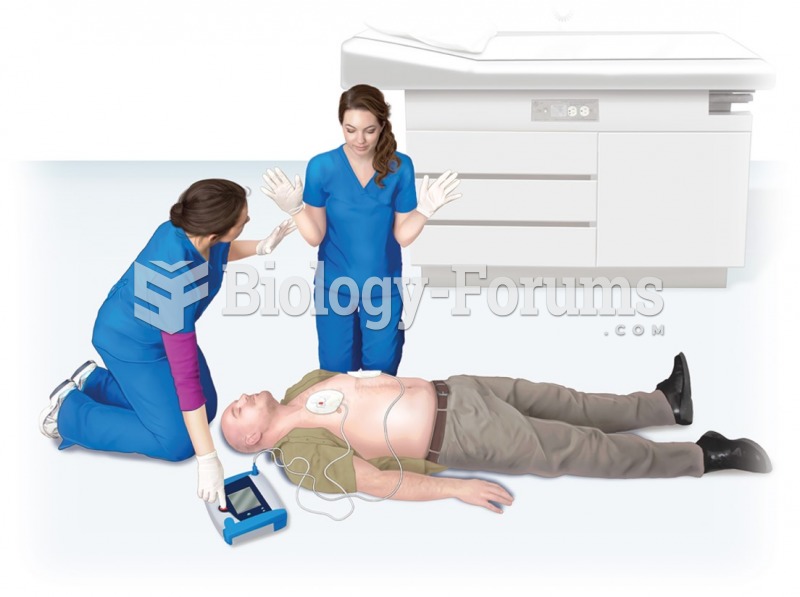|
|
|
Medication errors are more common among seriously ill patients than with those with minor conditions.
No drugs are available to relieve parathyroid disease. Parathyroid disease is caused by a parathyroid tumor, and it needs to be removed by surgery.
You should not take more than 1,000 mg of vitamin E per day. Doses above this amount increase the risk of bleeding problems that can lead to a stroke.
If you use artificial sweeteners, such as cyclamates, your eyes may be more sensitive to light. Other factors that will make your eyes more sensitive to light include use of antibiotics, oral contraceptives, hypertension medications, diuretics, and antidiabetic medications.
Medication errors are three times higher among children and infants than with adults.
 A comparison between chromosomes found in a normal human cell and a cancer cell from the same person
A comparison between chromosomes found in a normal human cell and a cancer cell from the same person
 Stages of endometrial cancer. Stage I: Mutated cells arise from glandular epithelium of the endometr
Stages of endometrial cancer. Stage I: Mutated cells arise from glandular epithelium of the endometr




